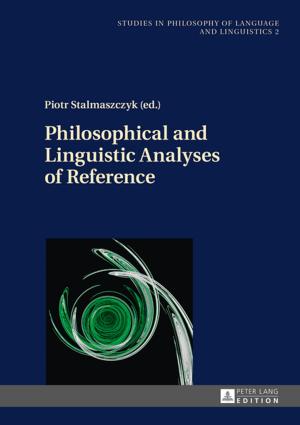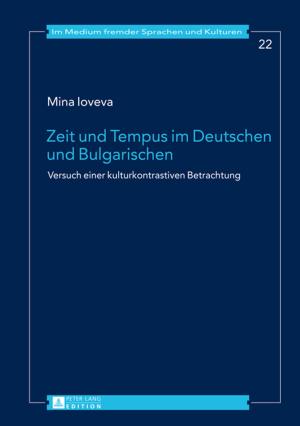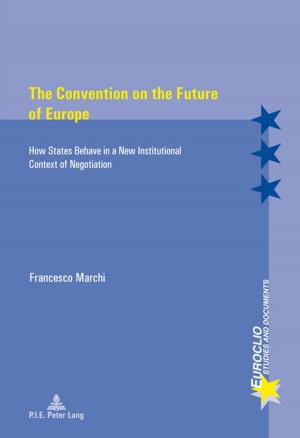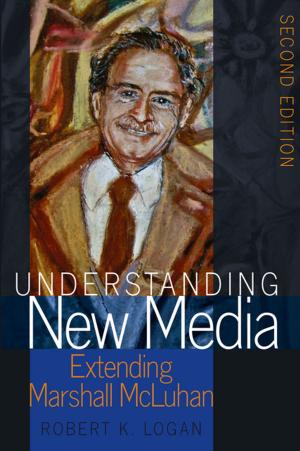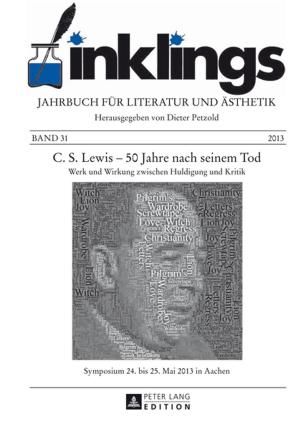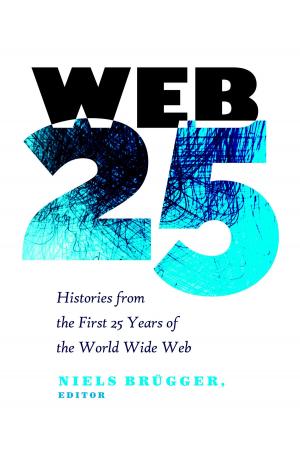The Calvinesque
An Aesthetics of Violence in English Literature after the Reformation
Fiction & Literature, Literary Theory & Criticism, British, Nonfiction, Reference & Language, Study Aids, ESL, Foreign Languages| Author: | Claudia Richter | ISBN: | 9783653995909 |
| Publisher: | Peter Lang | Publication: | August 6, 2014 |
| Imprint: | Peter Lang GmbH, Internationaler Verlag der Wissenschaften | Language: | English |
| Author: | Claudia Richter |
| ISBN: | 9783653995909 |
| Publisher: | Peter Lang |
| Publication: | August 6, 2014 |
| Imprint: | Peter Lang GmbH, Internationaler Verlag der Wissenschaften |
| Language: | English |
This study deals with the aesthetic manifestations of one of the world’s most fiercely iconophobic and anti-aesthetic religious cultures: Calvinism. It establishes the category of the Calvinesque as an aesthetic of extreme violence against the human body. In close readings of theological documents, literary texts and dramatic speeches, the book examines the extent to which language, literary imagination and theology permeate and condition each other. The book aims at providing new perspectives on literary stylistics after the religious turn in the humanities. By emphasising the pervasive impact of Protestant theology on secular Western culture and by radically questioning some of the narratives that have been crucial to Western (Protestant) identity, this study opens up historical perspectives to contemporary debates about the impact of Calvinism on political discourses, violent entertainment, disciplinary culture and an Anglo-American humanitarian «pornography of pain».
This study deals with the aesthetic manifestations of one of the world’s most fiercely iconophobic and anti-aesthetic religious cultures: Calvinism. It establishes the category of the Calvinesque as an aesthetic of extreme violence against the human body. In close readings of theological documents, literary texts and dramatic speeches, the book examines the extent to which language, literary imagination and theology permeate and condition each other. The book aims at providing new perspectives on literary stylistics after the religious turn in the humanities. By emphasising the pervasive impact of Protestant theology on secular Western culture and by radically questioning some of the narratives that have been crucial to Western (Protestant) identity, this study opens up historical perspectives to contemporary debates about the impact of Calvinism on political discourses, violent entertainment, disciplinary culture and an Anglo-American humanitarian «pornography of pain».

